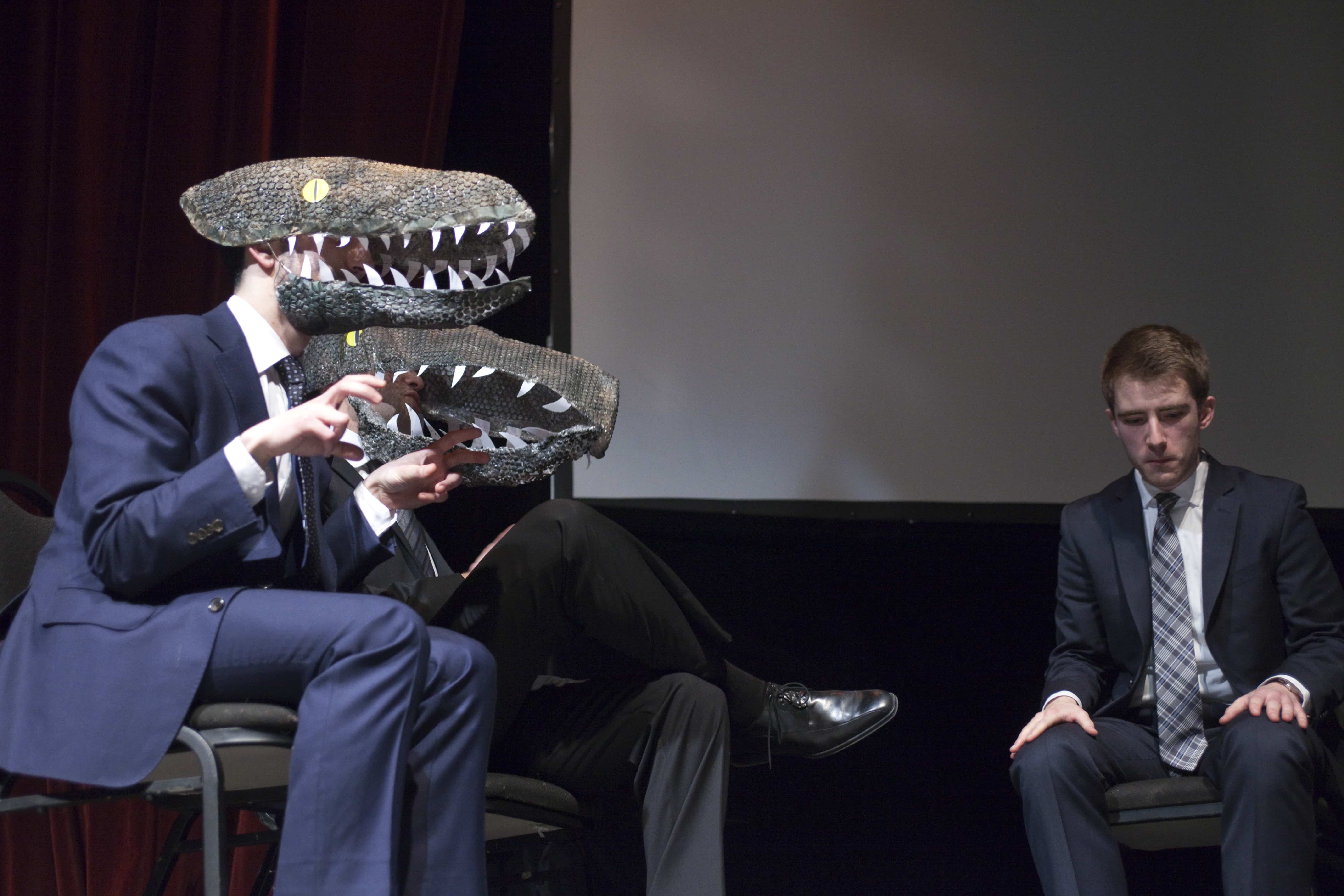
My opinion is that behavioral job interviews (like OCI’s) suck. I don’t mean that I hate doing them (I’ve even enjoyed some!), but the whole idea of interviews is biased and archaic and they produce bad results. Like, actually, there’s no correlation between interview and job performance.
The general idea is that applicants who land interviews are qualified enough for the jobs they apply for, and the firm uses the interview as a mechanism to assess whether applicants are compatible with the organization’s culture.
Okay, let’s stop right there. Can an interviewer really judge applicants accurately? People unconsciously make judgments about others all the time. Researchers have even documented thse biases. For instance, the “first impression” bias, based on a cursory glance of a resume and an applicant’s physical appearance, creates shallow opinions about applicants off the bat that colour the entire interview. Another one, the “just like me” bias, makes interviewers favour applicants who are similar to them – in gender, height, race, fashion, sexuality, or what university they went to. None of that is relevant to a job (with the exception of the university, sometimes. Like, Windsor, seriously? They have as much debt was we do, and for what?). The issue with these biases is that they happen unless interviewers undertake significant efforts to overcome them. It’s true that more sophisticated recruiters (like most law firms) do pairwise interviewing to mitigate these risks, but it doesn’t solve the problem by any count.
Even then, can interviewers accurately distill what their company’s culture or core value statement even is? Let’s take a step back. Good companies are often founded on principles (“core values”) that are meant to guide and motivate employees. For instance, I value innovation, being energetic, having fun, overcoming challenges, and having some time off (Sacré bleu, I admitted it! Goodbye, employability! …. No, but seriously, companies should respect their people.). If I founded a company I would like these ideas to guide the business in a very tangible way; I would design practices that help employees be creative and determined (innovative). Ryan Tinney, on the other hand, might prioritize the collective good because he’s a communist, and Alex Carmona might prioritize profits above all else because he’s a greedy capitalist pig! (Just kidding. Hey, Alex!) Anyways, employees should share the values of their respective businesses. This is important to help employees achieve cognitive consonance, and to create a positive culture in the organization. But people (interviewers) tend to promote their own values instead of others’ (their founders’). It’s extremely difficult to internalize values that don’t reflect one’s true identity, or to perceive that an applicant shares those values, or to reward them for it.
So (1) interviewers are only people and people make inaccurate judgments about other people, (2) interviewers imperfectly understand their company’s culture, and culture is important, and thus (3) interviewers will likely do a bad job in matching candidates to their company’s culture, and that’s important. So the whole point of the interview is compromised by the very interview mechanism. You had one job, job interview!
Whatever, let’s just assume that the interview system isn’t self-defeating. Still, the interview is a contrived, stressful situation in which applicants are incentivized to lie and hide their opinions and personalities.
What will you say when the associate asks. “The job comes with some truly mind-numbing tasks, do you mind that?” Lie, “No, not at all!” and you take one step further towards a salary and social affirmation. You might think that the actual instances of rewarding liars might be few in practice, but applicants almost always obscure the truth to conform to “professional” standards of conduct – conduct that differs from their true personalities. This is equally bad – it generates cognitive dissonance in the applicant through the “impostor syndrome”, in which they feel they truly don’t belong in the workplace because they obscured their identity to get the job in the first place. And when applicants don’t have to put on a façade to appear professional? Great, they’re naturally drones.
Law firms might say, “Well, we want our lawyers to exhibit professional conduct so as to not offend our clients in any way. We use the interview to test that scenario.” Uhh, is that really the point of the interview? I would think that the best lawyers for the firm are the ones who generate the most profit for the partnership by bringing in the most work. They can do this through producing the best quality work, and by being social – making friends with clients who want that. Where does being a boring, suited professional fit into that?
The bottom line is that interviews a poor way to rank applicants. Of course, that’s not to say that good people don’t get hired. They often do, though I would say it’s due to a sequence of random events and the value-alignment scheme is lost in the process. So why put applicants through this shitty process in the first place?
What other choice is there, David? Glad you asked! There is this fun new thing called “technology” that might lend a hand. OkCupid has a very high success rate for matching people who fall in love. Matching job applicants to companies is far easier than that – I’d really like to see such a data-driven solution to the problem, at least as a preliminary sorting mechanism before meeting in person. Or just use technical interviews. Or do nothing at all and rely on transcripts. At least then you’ll take the completely random element out of the hiring process. Behavioural interviews suck.






